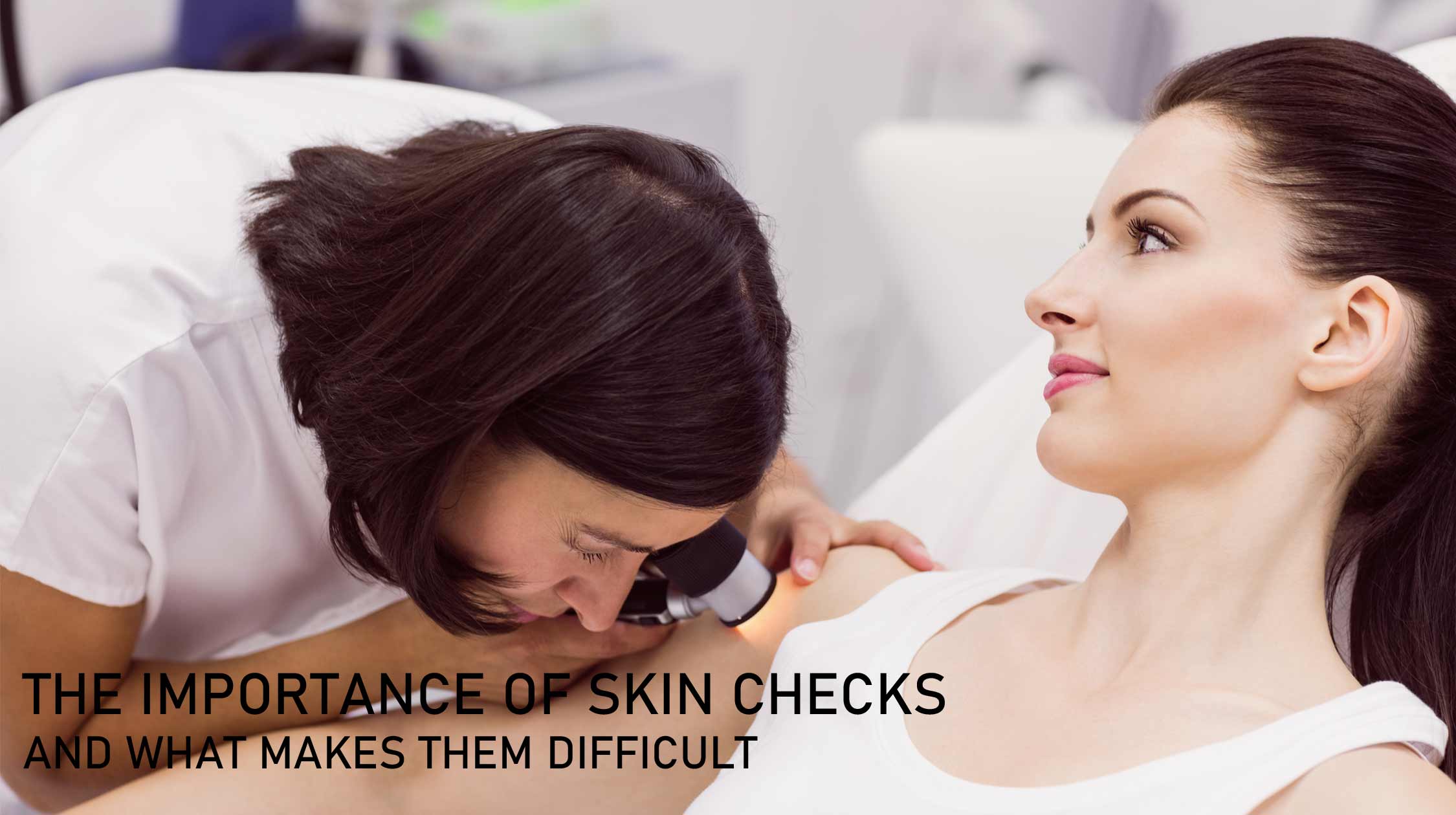Importance of Skin Checks & Why Tattoos Are Relevant to Skin Cancer
Importance of Skin Checks
At this point, everyone should know that getting regular skin checks with your dermatologist is an important part of skin cancer prevention. Why?
- Early Detection of Skin Cancer: Skin checks help in early detection of skin cancer, including melanoma, basal cell carcinoma, and squamous cell carcinoma. Detecting these cancers early increases the chances of successful treatment and reduces the risk of complications.
- Monitoring Changes: Regular skin checks allow you and your dermatologist to both monitor any changes – such as new moles, changes in the size, shape, or color of existing moles, or the development of any abnormal growths or lesions. Identifying changes promptly can aid in early intervention if any abnormalities are detected.
- Educational Opportunity: Skin checks provide an opportunity for individuals to learn about skin cancer risk factors, warning signs, and preventive measures. Your dermatologist can educate you on sun protection, the importance of self-examination, and when to seek medical attention for concerning skin changes.
Why Are Tattoos Relevant to Skin Cancers and Skin Checks?
It’s not that tattoos can cause skin cancers, but cancerous lesions can be potentially hidden by them. Melanomas are dark in color – brown, tan or black – and these colors can easily be hidden by tattoo ink. This makes it difficult for dermatologists to easily diagnose lesions on the skin that may be cancerous. The melanoma growing under the tattoo might be getting larger before it becomes fully diagnosed.
If you do develop some sort of skin cancer, a tattoo might provide some complications for treatments as well. Skin reactions on tattoos can occur in some immunotherapy drugs to treat melanoma. The tattoo may become red and inflamed due to the treatment. These are a bit rare but they can happen. If a part of your skin affected by cancer has to be excised via surgery, then part of the tattoo artwork needs to come off with it and a scar will be left instead.
It’s important to think about the location of your tattoos so if you’re thinking of getting one, so if you’re getting one, keep in mind its location on your body and which moles and lesions it may be potentially affecting or covering. This becomes VERY IMPORTANT when you have a history of melanoma or if you have a high risk of getting one. Avoid getting a tattoo on sun-exposed areas like your biceps, your legs, shoulders or back.
Consider the fact that tattoos also do not protect your skin from the sun’s harmful UV rays. Getting a full sleeve tattoo is not a substitute for using sunscreen, so remember to always wear sunscreen every day.




